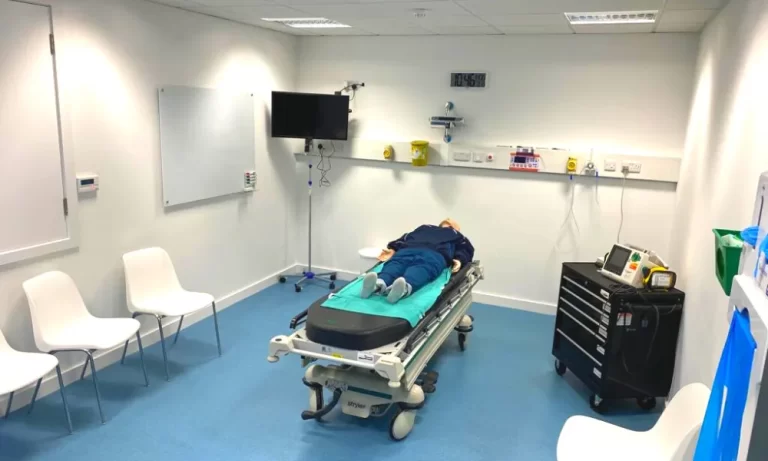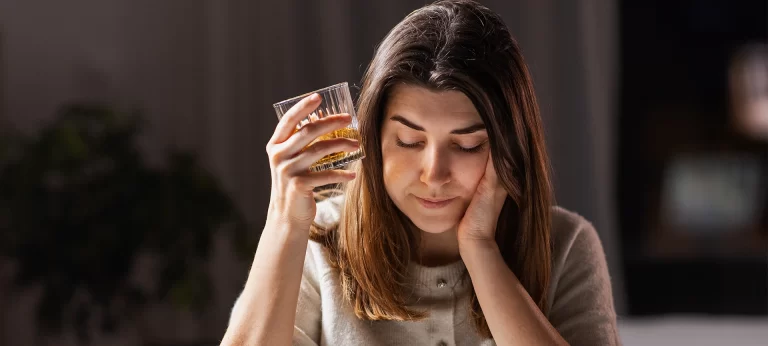
Just a few years ago, most online publications relegated stories about coping with mental health issues to the back pages. These stories would be stashed away in a corner, as far as possible from the most visible parts of the news site.
After the last two years of near constant global stress, it feels impossible to open up any news service without encountering a front-page story about rising mental health problems, or the lack of social services addressing those problems, or how people suffering from them can seek help.
This change is likely for the better because the truth is that more of us need mechanisms for coping with prolonged stress.
According to a study released in Oct. 2021, the rates of depression and anxiety increased globally by more than 25 percent in 2020. StatNews described the change as “a devastating ripple effect of the Covid-19 pandemic that has particularly affected women and young people.”
“We knew Covid would have an impact on these mental disorders, we just didn’t know how big the impact was going to be,” said Alize Ferrari, a lead researcher at the Queensland Center for Mental Health Research in Australia and co-author of the study, published in the Lancet.
If you’ve been feeling the pressure of stress build up without relief, you might need some new strategies for staying mentally healthy — while continuing to meet the guidelines for masking and social distancing that continue to affect so many of us.
You might even know these already, but a little nudge in the right direction never hurts.
Get Outside
This one can’t be overstated. The benefits of getting outside, even without a lot of sun, are plentiful and seemingly self-evident.
Whether you’re going outside to exercise or just talking a walk, the positive effects on mental health are often powerful and immediate. More importantly, one of the biggest mistakes of early pandemic responses was to close outdoor spaces to the public.
Most public health officials have now acknowledged that not only is the risk of viral transmission extremely low in outdoor spaces, but keeping people stuck indoors may actually result in higher case loads.
The point is: get outside as much as possible. Your overloaded brain will appreciate the break from screens, news, and all the other stress that feels impossible to avoid when we’re stuck in our living room.
Eat Healthy
Eating is an immensely pleasurable part of life. Unfortunately, that pleasure can easily become its own problem when we eat too much sugar or processed food. Sweet and salty snacks might serve as a form of temporary antidepressant when we’re dealing with stress or depression, but the long-term effect is often a deepening of the unhealthy feelings that we were trying to avoid in the first place.
It’s vital to eat foods that we not only enjoy, but that make our bodies feel good in the long-term. The mind is healthier when the body is healthy, too.
When you want a decadent snack, try some delicious fruits, like cold mango slices or a juicy pineapple. Healthy foods make for a healthy brain.
Join A Virtual Retreat
Many of us have suffered from the lack of socialization over the last two years. Unfortunately, the rise of the Omicron variant serves as a reminder that many social distancing measures probably aren’t going away any time soon.
But thanks to technology, we have substitutes. They’ll never be as good as the real thing, but by now most of us have likely experienced the emotional panacea of a video chat with someone we care about.
Remote meetings with therapists can be a great way to vent our feelings in a healthy, constructive environment.
But if you’d prefer something a bit more spiritual, many gurus and spiritual teachers have taken their life-affirming retreats into the realm of Zoom and other remote services. Some examples include Mooji, a Jamaican spiritual healer based in Portugal, Adyashanti, an American speaker on spirituality based in the Bay Area, and John de Ruiter, a Canadian philosopher based in Edmonton. They all offer remote meetings, usually through Zoom, and John de Ruiter even has remote cinema nights!
The last two years have taken a toll on so many of us. We have faced the reality of how little control we have, and that knowledge can feel overwhelming. Remember to breathe, and always find ways to take care of yourself.
Do that, and the world will look a little brighter each day.







